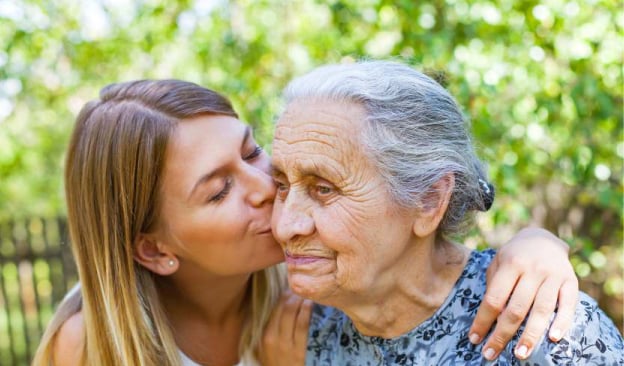Understanding, Beliefs and Treatment of Dementia in Pakistan
DEC Myanmar Earthquake Appeal
Older people in Myanmar urgently need support. Please help older people and their families affected by this crisis.
This study investigates the experiences of people with dementia and their family carers, as well as wider understanding of the condition in Pakistan.

Published: 2019
Author: Asghar Zaidi et al.
Pages: 61
Methodology
Interviews with 40 dementia patients and caregivers, and focus group discussions in two of Pakistan’s biggest cities, Karachi and Lahore.
Key findings
The study found a lack of awareness and understanding of dementia and its symptoms.
'If her household takes little more care and she also takes care of herself... Then her ailment will disappear' – Focus group participant | Karachi
Caregivers looking after people with dementia said they felt isolated and somewhat helpless, and that their own health was being negatively affected. Barriers to carers seeking formal help included the expectation that caring for elders is a family matter, the lack of awareness of dementia, and lack of funds for additional support.
‘If we will send our parents to day care then what will others say about us? If we will hire some helper then what will the people think or say about us?’ - Focus group participant | Lahore
Religion plays an important role, with some patients and carers feeling anxious about being unable to fulfil their religious duties as a result of dementia. Religion and religious leaders were also identified as being possible providers of further support to dementia patients and caregivers.
Policy recommendations
- Develop a national campaign to raise awareness of the condition and how to seek help, with a strong communications strategy involving experts, religious and community leaders
- Implement a national screening programme
- Increase affordable, visible and accessible specialist dementia services
- Provide better home-based support which families are more likely to accept
- Advise family caregivers to support prayers, if the person with dementia wishes
- Greater research and evidence to inform policymaking
 Follow us on LinkedIn
Follow us on LinkedIn
Stay up to date with the latest news, publications and features
